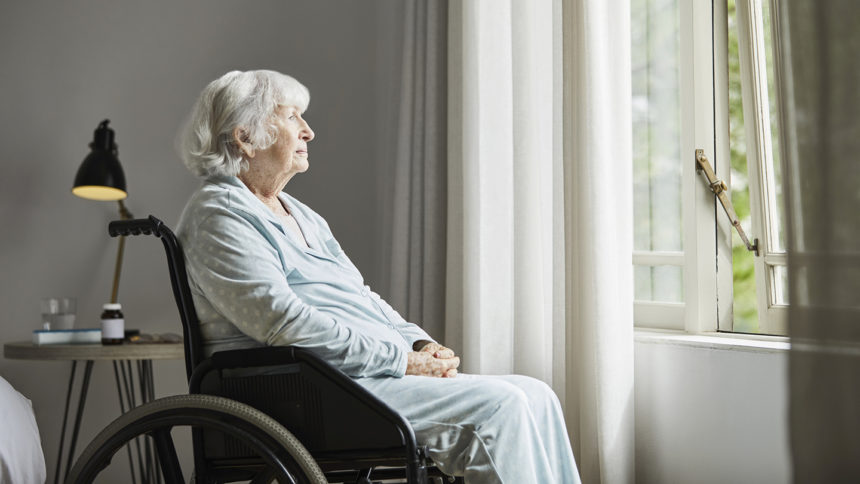
Social isolation typically isn’t healthy for older adults, but those who were more isolated actually fared better than their socially connected peers when the pandemic forced the world into lockdown, according to a report published Monday in PNAS.
A team from University College London surveyed 4,636 isolated and nonisolated adults who were over the age of 50 and from the English Longitudinal Study of Ageing. The average age of participants was nearly 67 years old, and all of the people lived in private households.
The team asked people about their quality of life, loneliness, health behaviors, financial concerns and internet use in June and July of 2020 and also in November and December of 2020. The investigators compared responses to those they’d received in 2018 and 2019.
Isolated adults were more likely than nonisolated participants to be men, live solo, have less education, have a limiting chronic medical condition, work and be of lower socioeconomic status.
“Social isolation has been recognized as a public health problem, given its associations with increased risks of mortality, and an array of physical and mental health conditions,” the study authors noted.
Before the pandemic, isolated people said they had lower life satisfaction, quality of life, and physical and mental health compared to their more social peers.
Of the isolated folks, 29% of the total had smaller decreases in life satisfaction and quality of life and a lesser rise in loneliness than the more social people from before the pandemic during it. The isolated people had greater decreases in smoking and physical activity; they were more likely to fret about finances, data showed. Socially connected people used the internet more before and during the pandemic, while those already Isolated didn’t change how much they used the internet.
Why did less social people tend to fare better during the pandemic? The authors suspect the more isolated individuals were better able to cope and adapt. In other words, their lives already supported routines that isolated them from others, so they were used to it. On the flip side, more socially connected older adults had an extreme change in their lives when they had to isolate more, the authors said.
Isolated older adults typically have poorer outcomes overall than those who are socially connected. But the pandemic had a sort of protective effect on them, the authors added.
“Such insight can be useful in targeting social isolation interventions toward a better allocation of resources, besides informing future policies on isolation, quarantine, and social distancing measures,” the team wrote.



